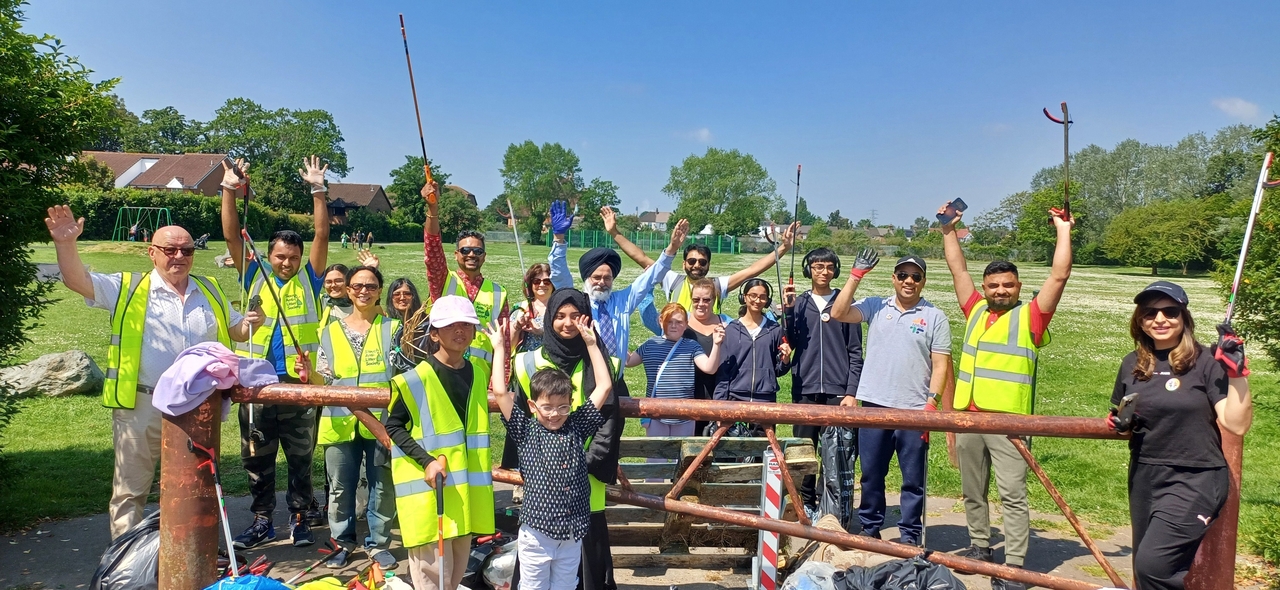Slough Anti-Litter Society - Community Education Program
The Pitch

Problem statement
The core problem is the lack of widespread awareness and sustainable practices within the Slough community regarding waste management and environmental responsibility. Despiteour ongoing efforts to address the visible consequences of this issue, a deeper educational approach is needed to tackle the root cause. Many residents lack the knowledge about the impact of littering, recycling procedures, and how to reduce waste in their daily lives. This knowledge gap creates unsustainable behaviours, contributing to environmental harm and hindering the community's ability to create a cleaner, greener Slough.
Solution
The solution proposed is a Community Education Program aimed at fostering behavioral change and environmental awareness. This program would include: - Targeted educational initiative for schools and adults, covering topics like recycling, littering, single-use plastic, and food waste reduction. - Public campaigns to raise awareness and encourage sustainable practices. By equipping residents with the knowledge and tools to make informed choices, the program aims to inspire lasting change and empower the community to take ownership of their environment.
Why are we best placed to deliver?
We are a grassroots community group, so we understand the local community and its specific needs. Within the last 3 years - We have created a proven track record of successfully implementing environmental initiatives and engaging residents as can be seen on our website and social media. - We have a strong existing network of volunteers and community connections, enabling efficient program delivery and outreach. - We are passioned and committed to create a cleaner and more sustainable Slough. - We have won the #OneSlough award in 2023 for volunteer group in the category Making A Difference to The Environment. We are again nominated for the same awards this year.
Focus Areas
Delivery plan
Budget breakdown
| Program Development & Materials | £800 |
| Staff & Volunteer Training | £400 |
| Program Delivery | £600 |
| Evaluation & Monitoring | £200 |
Beneficiaries
750 people
Who will benefit
Expected impact
The beneficiaries will gain a deeper understanding of waste management, recycling best practices, and the environmental consequences of unsustainable choices. They will share their knowledge and enthusiasm with family, friends, and colleagues, further amplifying the program's reach. Pre- and post-program surveys will assess changes in knowledge.